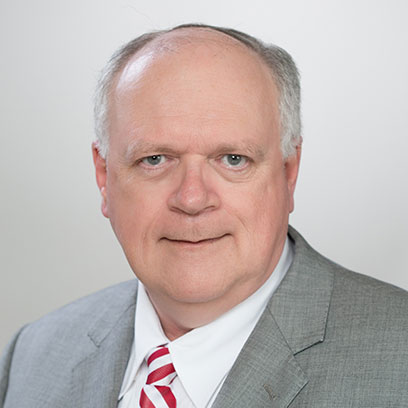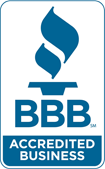
Bankruptcy Attorneys Advising Individuals in Montgomery
Filing for bankruptcy can be confusing and intimidating for the average consumer. Most of the process is managed not by the court but by an appointed trustee who helps you obtain a discharge and also works to make sure that your creditors get the maximum return possible. The bankruptcy lawyers at Grainger Legal Services can guide South-Central Alabama residents through the challenges of this process, including the Section 341 Meeting of Creditors, to make sure they receive the greatest possible discharge of their consumer debts.
The Section 341 Meeting of Creditor
After you file for bankruptcy, an automatic stay goes into effect that stops creditors from contacting you or suing you in order to collect debts. It also stops foreclosure proceedings and repossession efforts. A trustee will be appointed to your case. He or she will review your paperwork and determine which (if any) of the assets in your bankruptcy estate are nonexempt. In some cases, the trustee may challenge elements of your petition or, in a Chapter 13 case, your debt repayment plan.
About a month after you file, a Section 341 meeting of creditors will be held. Usually, this is the only courthouse meeting that you attend if you file for Chapter 7 bankruptcy. It is mandatory for you to attend the meeting. If it is extremely difficult for you to come to the meeting on the date scheduled, your attorney may be able to get it rescheduled. The meeting is held so that you can let the trustee know about any property you have that was not listed in your initial paperwork, whether you intend to file any lawsuits or have any underway, whether you are expecting any windfalls, such as an inheritance, and so that the trustee can ask you any questions he or she might have about your petition. Your creditors also have the opportunity to come to the meeting and ask you questions, although the creditors usually do not attend.
Before questions are asked, you will be sworn in. You must truthfully answer any questions from the trustee or creditors. In practice, however, none of your creditors or very few of them are likely to attend the meeting of creditors. They may have objections to your debt repayment plan, but those are usually in writing dealt with by your attorney in writing outside of court. During this meeting, it is important to have legal counsel to help negotiate with the creditors that appear. Usually, disagreements can be resolved with the help of skilled representation.
The meeting of creditors is usually very short. After the meeting, if you have nonexempt assets and you have filed for Chapter 7 bankruptcy, you may have to turn over your nonexempt property to your trustee. At this point, the trustee sells the property for its fair market value and distributes the funds from the sale to the creditors. In a Chapter 13 payment plan, it is important to make your first plan payment at least 10 days before the meeting of creditors so it will have time to get posted in the Trustee’s computer system.
]onsult an Alabama Lawyer for Assistance in Reorganizing Your Finances
For many debtors, the prospect of the Section 341 Meeting of Creditors is stressful. However, in practice, these meetings usually go smoothly, particularly with the help of an experienced attorney. A bankruptcy attorney at Grainger Legal Services can work with an Alabama trustee to seek a favorable outcome and protect your other interests, such as a family home or vehicle, to the extent possible. We represent clients in South-Central Alabama from our offices located in Montgomery, Prattville, and Troy. Call us at (334) 260-0500 or contact us online to schedule a free consultation.


 Attorney Charles Grainger possesses decades of legal experience focused on debtor-creditor law, bankruptcy, and business law. His legal work is designed to help clients overcome debt and secure a stronger financial footing. He also provides legal services to entrepreneurs and business owners. Grainger Legal Services takes a comprehensive approach to debt relief and financial education for clients in south-central Alabama. [
Attorney Charles Grainger possesses decades of legal experience focused on debtor-creditor law, bankruptcy, and business law. His legal work is designed to help clients overcome debt and secure a stronger financial footing. He also provides legal services to entrepreneurs and business owners. Grainger Legal Services takes a comprehensive approach to debt relief and financial education for clients in south-central Alabama. [ 


